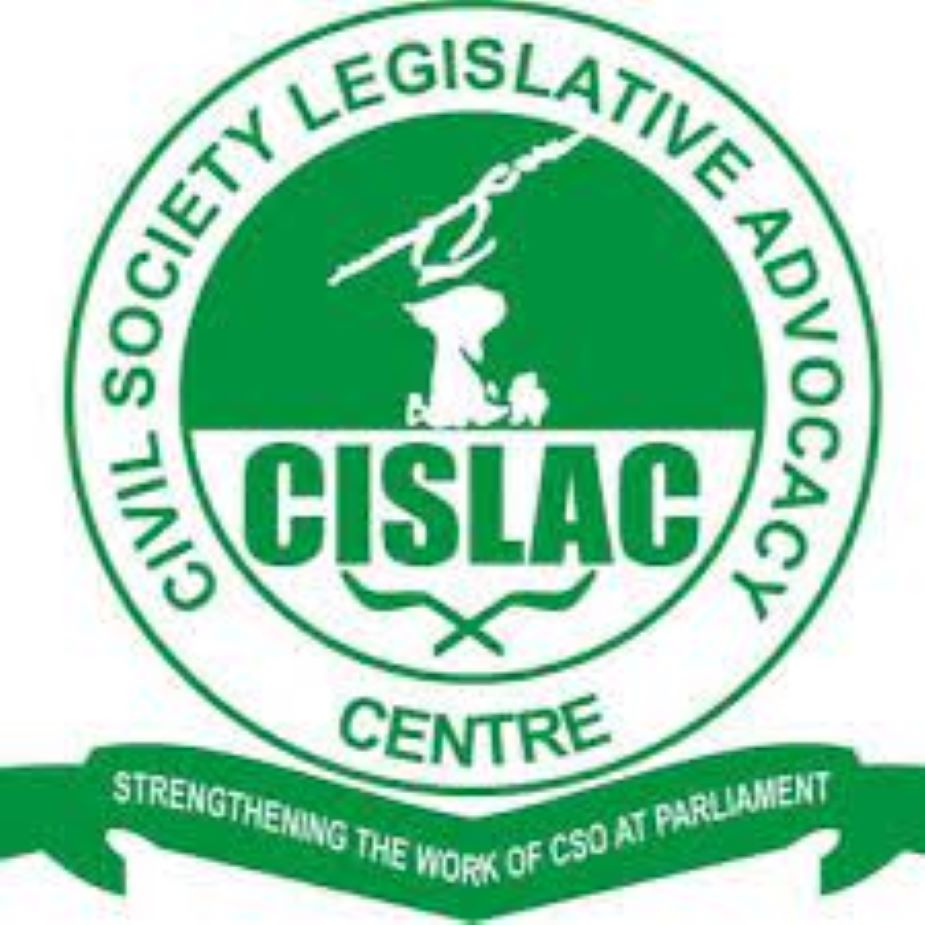By Stellamaries Amuwa, Abuja
The Executive Director, Civil Society Legislative Advocacy Centre (CISLAC) Auwal Ibrahim Musa (Rafsanjani) has stated that Nigeria indeed is due for a reform of its tax system.
He made this disclosure at Tax Justice and Governance Platform 2024 Annual National Tax Conference which held in Abuja yesterday with the theme, “Economic Stabilization for Equity: Ensuring Fairness in Tax Policy.
This has been a part of our advocacy over the years. The reform bills hold the potential to transform Nigeria’s fiscal framework by consolidating legal provisions, enhancing tax administration, and promoting economic transparency.
Auwal Ibrahim during his welcome remarks stated that this year’s theme, “Economic Stabilization for Equity: Ensuring Fairness in Tax Policy, “underscores our collective commitment to fostering a tax system that promotes fairness and equity for all. More than ever, tax discussions have taken a very deep seat in national discourse, and rightly so. Since the inauguration of the Presidential Committee on Fiscal Policy and Tax Reform, economic conscious Nigerians have anticipated a robust reform initiative to accompany the outcome of the work of the Committee. What no one could have envisaged is the depth of citizens’ engagements that the proposed Tax Reform Bills that have generated.
“As we gather to discuss and deliberate on the critical issues surrounding tax policy, we are reminded of the vital role that a fair and equitable tax system plays in stabilizing our economy and ensuring that every citizen can contribute to and benefit from our nation’s prosperity. Your presence and participation are invaluable as we work together to develop strategies that will shape the future of our tax policies.
We are honored to have a diverse group of experts, policymakers, and stakeholders joining us this year. Your insights and expertise will undoubtedly enrich our discussions and help us move towards a more just and balanced economic framework.
I would like to emphasize the importance of national matters to have a national outlook in their designs and approaches. It does not help for reforms to appear as if they are merely the intentions of a select few. It is on this basis that special commendations must be reserved for the National Assembly for suspending proceedings of hearings on the bills for the purpose of consulting and galvanizing country-wide inputs to the reform process.
“While the Northern Governors had formed the strongest opposition voices to the Tax Reform Bills, consultations have shown that the arears of fears and concerns are much more than that of the northern governors alone. Other facets of concern are emerging and need further and proper clarity or amendments of provisions as the case may be. Permit me to make it very clear that Nigeria indeed is due for a reform of its tax system. This has been a part of our advocacy over the years.
“The reform bills hold the potential to transform Nigeria’s fiscal framework by consolidating legal provisions, enhancing tax administration, and promoting economic transparency. On this note, one cannot fail to commend the efforts of the Presidential Committee in identifying the loopholes and proposing these bills as requisite for a plausible reform. However, development issues in this time must be seen to be able to address the multi-faceted layers of concerns.
For instance, the intention of reducing economic burden on low-income earners is visible, but is the progression of VAT increments set to double by 2030 not a concern for aggravated inflation, rising cost of living and poverty? Is the basket of excluded items from VAT expansive enough to mitigate this possible crisis?
“They have also been concerns of loopholes for violations of privacy rights as the provisions give little or no protection on individual’s data. These fears are seemingly along the long history of authorities to abuse powers in the country. From our lenses, the theme of this conference captures the essentials of tax advocacy, and we are happy to see that several of the recommendations are geared towards equity and fairness in our tax system. So, what is now glaring is the fact that further enlightenment and knowledge creation on the intent and objectives of these reforms need to happen.
“There is a lot of opaqueness in the proposed VAT regime. The result is that Nigerians lack clear, accessible information needed to make an informed decision on the proposal. We want to emphasize the right of every Nigerian to question and fully understand how these reforms will affect their daily lives.
To this end, we expect that the PCFPTR will share a more elaborate detail on the proposals. Given the limited information provided to the public for now, we have identified several critical questions left unanswered and we urge the PCFPTR to clarify them.



